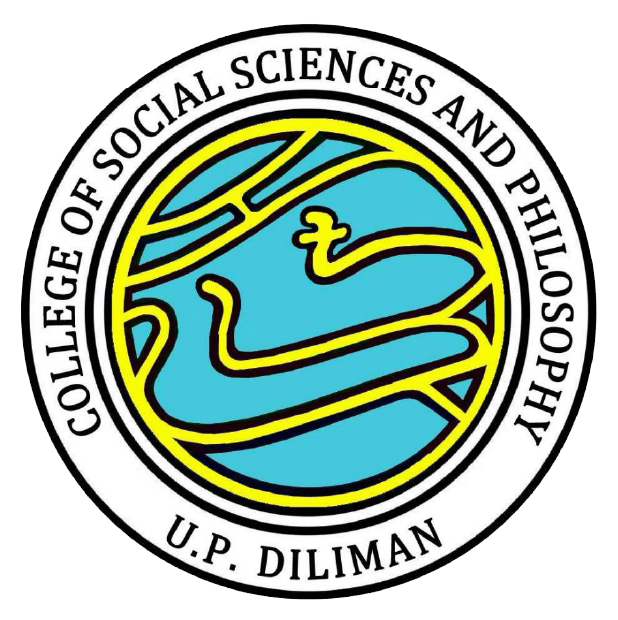Producing “Idolatry:” Indigenous Knowledge Production via Colonial Investigations into Animism, Luzon, 1679–1687
Philippiniana Sacra
The existing historiography primarily discusses the early Philippine experience of Roman Catholic conversion in terms of (a) conversion’s success or failure, or (b) local resistance against colonial hegemony. This article, meanwhile, approaches the confrontation generated by conversion as a process of colonial knowledge production. The concept of “idolatry” was central to this confrontation. I ask: in what ways did indigenous agents help create this concept as it was used locally? This essay examines two late-seventeenth century missionary investigations into indigenous animism. They took place in and around Bolinao, Pangasinan and Santo Tomas, Batangas, both communities in the northern Philippine island of Luzon. Together, these investigations generated interviews with indigenous respondents, whose transcriptions are housed at the Archivo General de Indias in Seville, Spain. Initially, neither the missionaries nor the missionized had a clear idea of what local words, actions, and objects counted as “idolatrous.” Indigenous agents constructed generalizations about their religious beliefs to advance their own interests, to protect themselves from persecution, and to understand indigenous deities within their increasingly colonial reality. The indigenous were not passive gatherers of raw data for missionary ethnographers. They were, in their own right, producers of colonial knowledge.
Keywords
Knowledge production
Missionary
Church
Philippines
Early Modern
Spanish Empire
Conversion
Idolatry
Faculty Involved:

Nicholas Michael C. Sy
Assistant Professor (Study Leave)
Focus: early modern Spanish empire, demographic history, the history of conversion, political elites, historical biography, and digital humanities.



